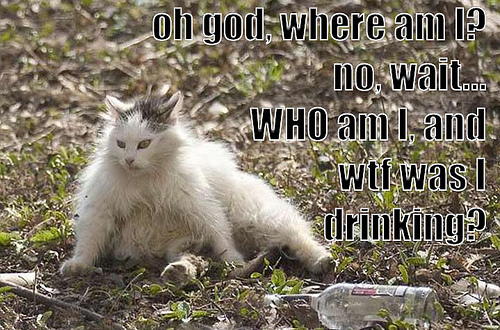It is tough enough to figure out what is good, but at least we can have a basic agreement as to what is good for people in general. But what is evil? Does it even exist? Can we actually nail down what evil is? Is evil anything that harms another person? or is there an outer standard of evil so that one might think a person was doing good, but was really doing the worst of evil actions?
What is the source of evil? Where does it come from? Does it come from a personal source, like Satan or certain people? Is evil systemic, so it mostly comes from an improper government or institution? Or is evil found everywhere, in every heart, in every animal? Or is it found nowhere, in no heart, in no place, in no system? If evil can't be found, then was Hitler evil or Stalin?
Is evil about action or about motivation? Is it the intent that matters, or what a person actually does? Can a person be evil without actually having done anything? Can evil exist by not doing good? Or does one have to perform an evil act in order to be actually evil?
(BTW, I love Invader Zim. Especially Gir. "I love-ed you piggy... I love-ed you...")







